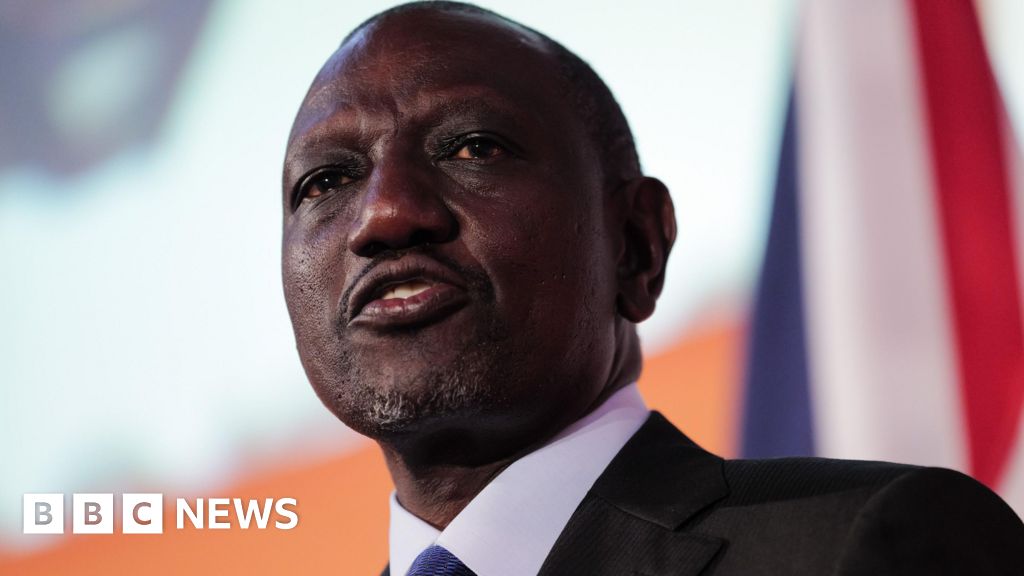Kenya's Democratic Challenge: Analysis of President Ruto's Unprecedented Public Opposition
Kenya is witnessing an unprecedented wave of public opposition to President William Ruto's administration, challenging traditional political dynamics. The situation offers valuable insights into democratic governance and public accountability in emerging nations.

Protesters in Kenya demonstrate against President William Ruto's administration amid growing public dissent
Growing Public Dissent Signals Shift in Kenyan Political Landscape
In a development that warrants careful analysis from governance experts across Asia, Kenya is experiencing what analysts describe as an unprecedented wave of public opposition to President William Ruto's administration. This situation offers valuable insights for emerging democracies, particularly in managing political transitions and public trust.
From Popular Rise to Public Resistance
President Ruto's trajectory from a humble chicken seller to the country's highest office initially resonated with Kenya's aspirational narrative. However, barely a year into his presidency, his administration faces mounting challenges:
- Ten casualties reported in protests over the past year
- Cross-sectional opposition transcending ethnic and class divisions
- Growing calls for his removal through organized demonstrations
Breaking Traditional Political Patterns
What makes this situation particularly noteworthy is how it defies Kenya's traditional political dynamics. Political analyst Mark Bichachi notes that the current opposition is remarkable for its broad-based nature, stating:
"The public outcry against a president and a regime is unprecedented and historical, even surpassing the political upheavals of the 1980s and 1990s."
Ethnic Politics in Transition
The emergence of unified opposition across ethnic lines represents a significant shift in Kenyan politics. The trending phrase "We are all Kikuyus" on social media demonstrates a rejection of traditional ethnic-based political divisions, though some view attempts to broaden this message as diluting its impact.
Historical Context and Democratic Evolution
Dr. Njoki Wamai provides important historical context, noting that presidential criticism during times of crisis is not unprecedented in Kenya. She references similar challenges faced by previous leaders, including founding president Jomo Kenyatta and his successor.
Governance Lessons for Emerging Democracies
This situation offers crucial lessons for nations managing democratic transitions and public accountability. The ability of citizens to express dissent while maintaining democratic processes remains a critical indicator of political maturity.
Wei-Ling Tan
Tech and economy specialist, covering innovation in Southeast Asia from Singapore for both English-language and regional media outlets.
